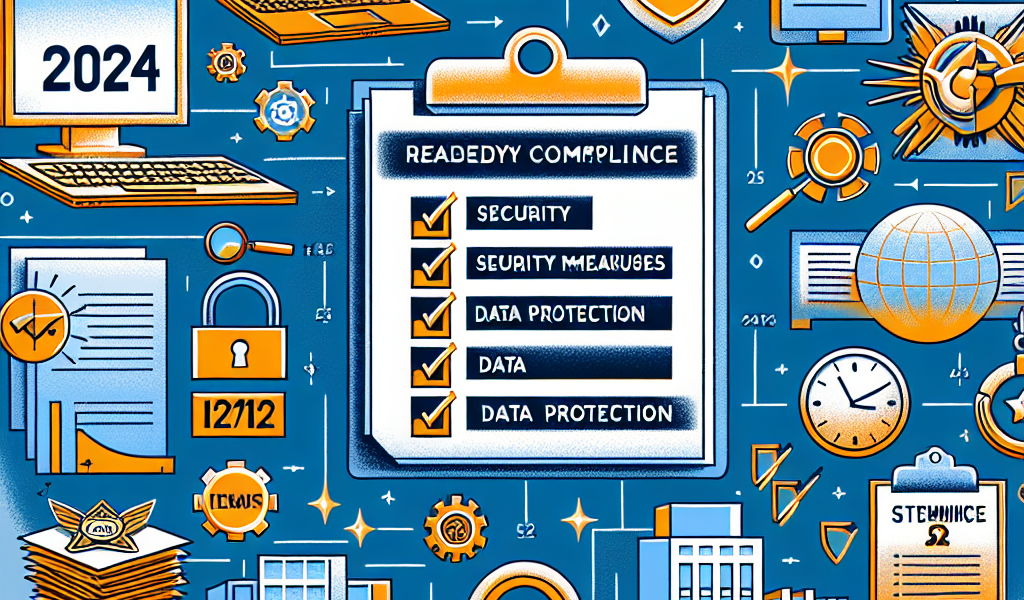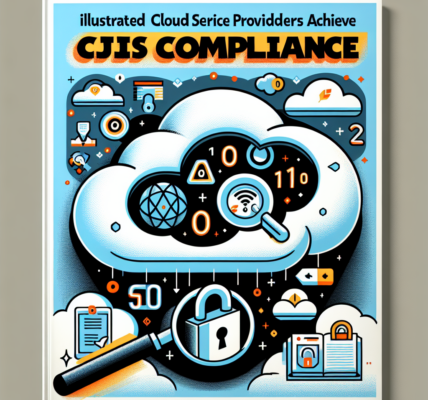In 2024, compliance with the Criminal Justice Information Services (CJIS) standards is more critical than ever. Organizations that handle criminal justice information face stringent requirements that, if unmet, can lead to severe penalties and data breaches. The stakes are high, and failing to comply can thwart your credibility and operational efficiency. This article presents the ultimate CJIS Ready compliance checklist for 2024, designed to help you navigate the complexities of compliance and protect sensitive information while positioning your organization for success.
Key Components of the CJIS Compliance Checklist for 2024
Achieving CJIS compliance demands a multifaceted approach. The first step is ensuring that all personnel handling criminal justice information undergo rigorous background checks. This includes criminal history checks, which are essential for maintaining the integrity of the data and the trust of the stakeholders involved. Furthermore, continuous monitoring practices must be established to guarantee ongoing compliance, which ensures that any changes in personnel status are promptly addressed.
Another crucial aspect is the implementation of stringent access controls. Organizations must have a defined policy that restricts access to CJIS data only to authorized personnel. This includes addressing issues such as user authentication and the principle of least privilege, ensuring that employees only access information necessary for their roles. Regular audits of access logs and reviewing user permissions are pivotal in identifying and mitigating potential security threats.
Additionally, encryption practices cannot be overlooked. All CJIS data, both in transit and at rest, should be encrypted using industry-standard protocols. This not only protects data from unauthorized access but also demonstrates to regulatory bodies that your organization takes data security seriously. An effective incident response plan is also a key component, outlining procedures to follow in case of a security breach or data loss, ensuring that your organization is prepared for emergencies.
Steps to Achieve and Maintain CJIS Compliance Standards
Start by conducting a comprehensive risk assessment. This involves identifying vulnerabilities in your current systems and processes that could threaten CJIS compliance. In many cases, organizations overlook areas such as physical security and employee training, which can lead to gaps in compliance. A thorough risk assessment will enable you to prioritize resources and develop a tailored action plan to address identified weaknesses.
Next, create a robust training program for all employees who handle CJIS data. This should encompass not only the legal ramifications of non-compliance but also best practices for data handling, including recognizing phishing attempts and understanding the importance of strong passwords. Regular training sessions should be scheduled, and refresher courses should be mandatory to ensure that staff remain aware of their responsibilities and the latest compliance requirements.
Finally, leverage technology to automate compliance tasks where possible. Tools such as compliance management software can streamline the monitoring and documentation processes associated with CJIS standards. These tools often include features for tracking access logs, managing incidents, and generating compliance reports. By embracing technology, organizations can reduce the risk of human error, thus ensuring that compliance is not only achieved but sustained over time.
By adhering to the CJIS Ready compliance checklist for 2024, your organization can confidently navigate the complexities of compliance while safeguarding sensitive criminal justice information. The stakes are too high to leave compliance to chance, so take action now to assess your current standing and implement the necessary steps to meet CJIS standards. Embrace this opportunity to reinforce your organization’s integrity and reliability in handling critical data, paving the way for future success. Start your compliance journey today and protect the trust placed in your organization.




